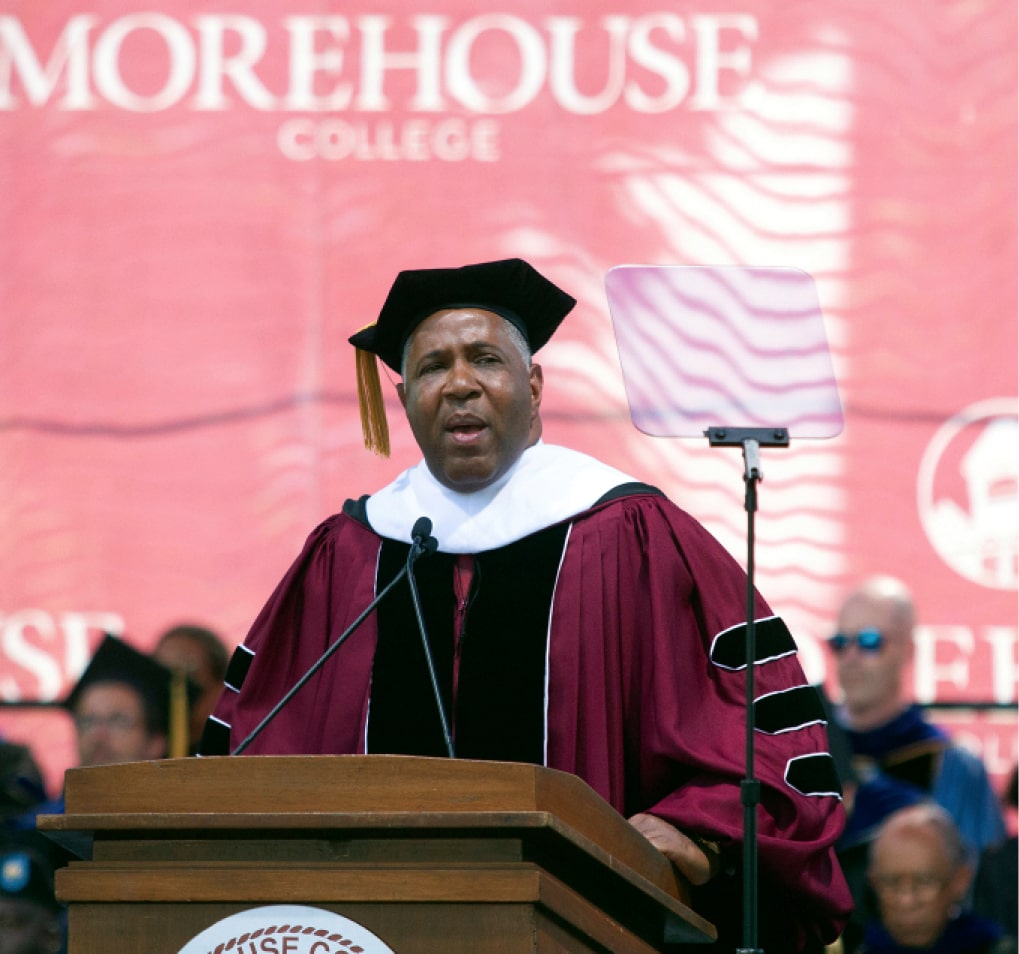Key Takeaways:
- DEI in education consists of the steps that academic systems take to ensure everyone feels seen and heard.
- The origin of DEI in education dates back to the philosophy of Quaker schoolteacher and abolitionist Anthony Benezet.
- Incorporating DEI in education is critical because it is instrumental in helping students and staff understand and respect our differences and shared humanity.
Education continues to offer an opportunity for people to elevate their financial position. However, the opportunity of a good education is not always equitably accessible to everyone. This is especially true for marginalized communities. A way to mitigate barriers to access is by incorporating diversity, equity and inclusion in academic systems.
However, DEI, especially DEI in education, has always been a fiercely debated topic. Many critics argue that DEI is an unnecessary addition to academic systems. But, incorporating DEI in education represents an opportunity to create a more kind, just and inclusive society.
Below, we unpack what DEI in education is, the evolution of DEI programs in schools and why DEI is an important component of education. We will also discuss the current state of DEI in education throughout the U.S.
What Is DEI in Education?
Society is composed of individuals from unique backgrounds, with varying abilities and cultural experiences. Students of all grade levels are no different. Put simply, DEI in education encompasses the efforts academic systems make to ensure that everyone feels seen, valued and heard within the school systems. This can also include members of the school system beyond students, such as their families, schoolteachers and other staff members.
People commonly think that DEI solely focuses on race, but it also includes gender, sexual identity, religion, socio-economic status and those with different physical abilities and unique learning styles. Since schools across the U.S. differ in demographics, histories and needs, there is no one-size-fits-all solution for implementing DEI.
The Start and Current State of DEI Programs in Schools
The origins of DEI in education date back to the teachings of 18th century Quaker schoolteacher and abolitionist Anthony Benezet. While Benezet did not use terms like “diversity, equity and inclusion,” they represent his vision of what he thought education should be like.
Benezet became a teacher in 1739, a time when strict, physical punishments were commonly used in schools. He rejected this approach and treated his students with respect. He also periodically changed his teaching methods to fit the various learning needs of his students. Perhaps more notably, he believed that children of all genders, races and abilities deserve to have equitable access to school opportunities.
Benezet’s forward-thinking philosophy was not common practice in the 18th century and even for decades to come. However, the principles of his philosophy and societal changes that occurred throughout the 19th century, and especially in the 20th century, that addressed diversity issues in higher education set the foundation for equitable schools.
Unfortunately, many private citizens, politicians and organizations continue to resist DEI initiatives, especially in schools. Within the first six months of 2023, more than 30 bills requesting the elimination of DEI programs in state universities across the country were proposed by state legislatures. Many of these proposals were followed up with more proposals to prohibit DEI initiatives in elementary and high schools. These proposals are being passed and implemented.
Why Is DEI Important in Education?
DEI in education is important because it can teach students and school staff the power of recognizing and respecting our shared humanity. Not only does incorporating DEI initiatives in schools help encourage acceptance, but it also provides students and staff with a wealth of other benefits. Some of these include:
- Positive impacts on attitudes
- Better critical thinking and higher rates of academic success
- An increase in efforts to help those in their communities
- Preparation for their experience as adults in the global economy
Ways to Improve DEI Programs in Schools
To improve DEI education, school leaders and staff need to collectively come together to understand that it will be an ongoing journey. It is not a matter of implementing a single initiative or box to check; it is a continuous commitment to partnership, iteration and equity. Some of the ways school officials can improve DEI programs include:
- Developing a DEI plan that is tailored and context-specific to the school’s needs
- Implementing DEI training for school staff
- Appointing a dedicated DEI point person to hold everyone accountable
- Hosting forums to collect feedback
- Diversifying the curriculum offered to students or incorporating discussions into lessons organically
- Tracking progress against realistic goals and adjusting to initiatives accordingly
To learn more about DEI and other important topics, follow philanthropist and entrepreneur Robert F. Smith on LinkedIn.







